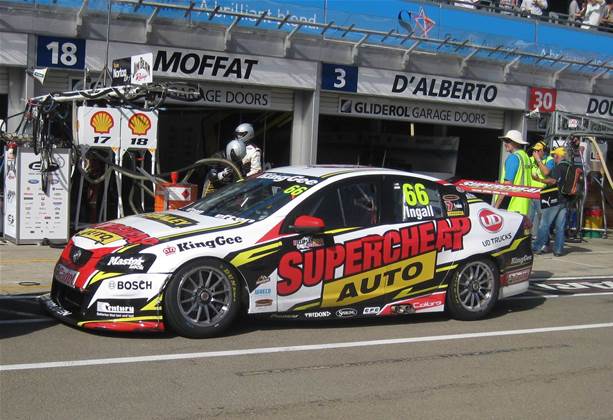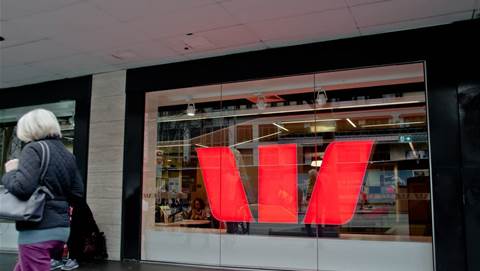Super Retail Group, the ASX-listed holding company for lifestyle retail brands Supercheap Auto, Rebel, BCF and Macpac, says its new $60 million Salesforce ecommerce cloud omnichannel system deployed over the past year is succeeding in bringing digital customers into stores.

The company on Thursday shook off sluggish national retail growth to reveal a rise of 5.4 percent in combined revenues to $2.7 billion, pocketing a $152 million net profit after tax that was fuelled by solid incremental growth in online sales where purchases were picked-up from stores.
Like Bunnings and JB Hi-Fi, Super Retail Group has firmly rejected a margin dilutive push to run a separate pure online play to grab market share favoured by the grocery and department store sectors in favour of a hybrid click-and-collect strategy that contains delivery and distribution costs.
The success of the hybrid omnichannel approach is being closely watched by investors and the retail tech sector alike because it offers an alternative to cannibalisation and competing against the likes of Amazon and its online pure play peers.
But while the approach is seen as viable over the medium to long term, it typically takes longer to fire-up because existing inventory and sales and distribution systems need to be tightly integrated with new online platforms and CRMs.
Super Retail’s efforts are of particular interest to analysts because it is a multi-brand retail play with products positioned firmly the mid-market – rather than heavy discount or premium and luxury ends of the market – and as such represents a local litmus test.
So far so good, at least in terms of the split between footfall and home deliveries.
Supercheap Auto booked a jump of 25 percent in online sales to $60 million for the full year to June 2019, but of that 65 percent were click and collect across its 323 stores. That rato will become increasingly important given that online sales are still just 6 percent of Supercheap’s sales of around $1 billion a year.
It’s a tougher sell to sports heads, with Rebel chalking up $95 million in annual online sales, a jump of 33 percent with online sales making up 9 percent of total sales that were also around $1 billion.
However Rebel’s click and collect ratio came in at 26 percent of online sales, suggesting fitness buffs have less inclination to head to the mall than rev heads, tradies and home mechanics.
BCF, the favoured brand of unpretentious outdoor loving Australians who prefer fishing and four wheel drives over bushwalks and slow cooked legumes, clocked the highest ratio of click and collect shoppers with 68 per cent hitting its aisles of tackle, eskies and outdoor accessories.
BCF rang up online sales of $34 million, which accounted for 7 percent of total sales.
In terms of what comes next for Super Retail, the company’s investor deck suggests that gaps in “omni delivery orchestration” and vertical supply integration are next on the runway. Culling duplicated capabilities across brands and decluttering a “complex legacy environment” are also in the mix.
Those moves are where the heavy IT lifting starts and will be detailed during a strategy day slated for late October.



_(28).jpg&h=140&w=231&c=1&s=0)
_(23).jpg&h=140&w=231&c=1&s=0)
_(22).jpg&h=140&w=231&c=1&s=0)



_(26).jpg&w=100&c=1&s=0)

 iTnews Executive Retreat - Security Leaders Edition
iTnews Executive Retreat - Security Leaders Edition












_(1).jpg&h=140&w=231&c=1&s=0)



